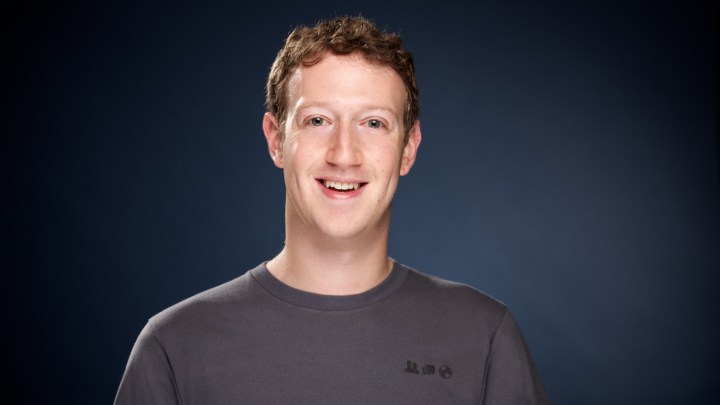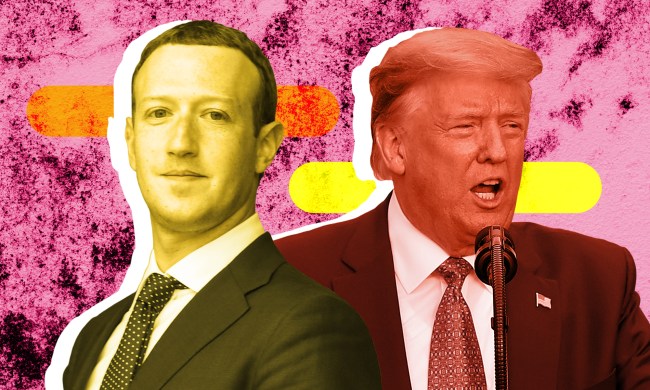
Whereas much of the information in the note isn’t exactly new — Zuckerberg touts Facebook’s safety check and emergency relief tools as helping to make the world safer — it does offer an insight into the company’s developments on the fake news front.
Zuckerberg mentions that Facebook is using artificial intelligence to reduce the spread of what it deems “sensationalist” news stories. The machine learning algorithms Facebook is relying upon to police its site, which is home to 1.86 billion users, can now spot lurid articles on its News Feed based on user activity.
According to the Facebook founder, the News Feed AI is using a new signal that indicates whether people actually read an article they are sharing. If many users don’t bother reading an article that is gaining traction, and if the ones that do read it, don’t then share it, that indicates the news story is “sensational.” Research has shown that the majority of people don’t engage with the links they share online, meaning digging deeper could help Facebook determine if that has something to do with the content of the piece.
Zuckerberg says the same signal will soon allow its AI to identify “sensationalist” publishers as well. “Sensationalism moves people away from balanced, nuanced opinions toward polarized extremes,” writes the Facebook CEO. “If this continues and we lose common understanding, then even if we eliminated all misinformation, people would just emphasize different sets of facts to fit their polarized opinions.”
Facebook is currently working with its users and third-party fact-checking organizations to better identify and tag articles that spread misinformation and propaganda. It launched its new tools in Germany last month to coincide with the country’s upcoming elections.
Elsewhere in the extensive post, Zuckerberg mentions that Facebook needs to evolve its community standards (the policies that govern its site) “toward a system of more local governance.” To this end, the company plans to hand over more personal control to users to let them decide what they don’t want to see.
Zuckerberg says Facebook will periodically ask users for feedback on content policy, likely in the form of surveys, and use its AI to help enforce the standards. The CEO compares the move to a referendum that will then help establish the norms for a particular country. “Although we will still block content based on standards and local laws, our hope is that this system of personal controls and democratic referenda should minimize restrictions on what we can share,” writes Zuckerberg.
The idea of shaping policy to fit certain regions could help with a major barrier to Facebook’s future growth: China. The social network is banned in the country and, by some accounts, is willing to go to extra lengths to operate in the region. Allowing for localized rules and regulations (that abide by China’s strict online censorship policy) could provide a breakthrough. However, this route also contradicts Zuckerberg’s so-called democratic approach.
Overall, Zuckerberg details five points in the note:
- Building supportive communities that strengthen traditional institutions.
- Building a safe community that prevents harm, helps during crises and rebuilds afterward.
- Building an informed community that exposes us to new ideas and builds common understanding.
- Building a civically engaged community.
- Building an inclusive community that reflects collective values and common humanity from local to global levels.
The Facebook founder ends the lengthy post with a quote from Abraham Lincoln. It’s a fitting conclusion to another statesman-like declaration from the entrepreneur. With all the recent talk around Zuckerberg’s political ambitions, the post reminds us that he is already the leader of a community that boasts a population larger than any in the offline world. And Zuckerberg (and his administration) are helping to create new forms of governance for this massive platform. Why would he trade that perch for anything else?


